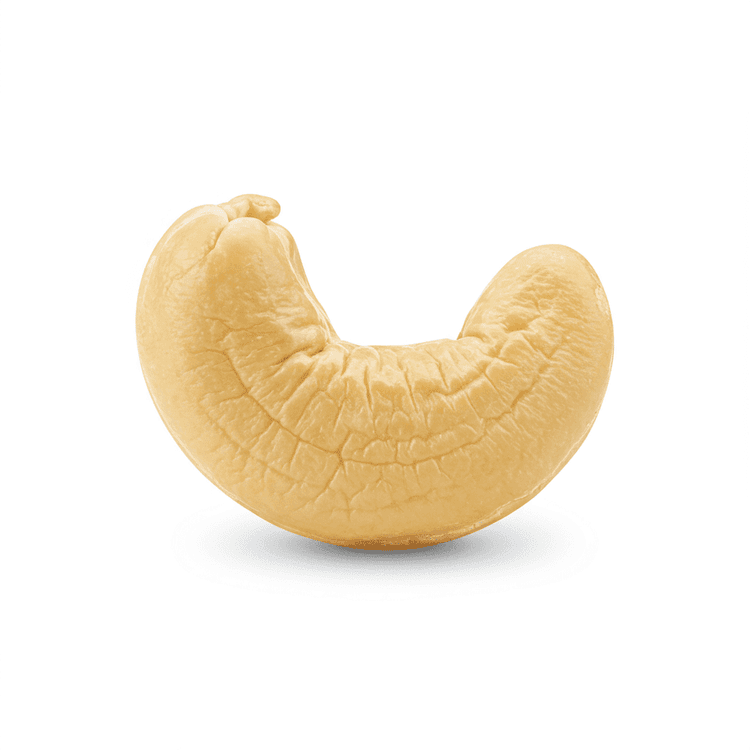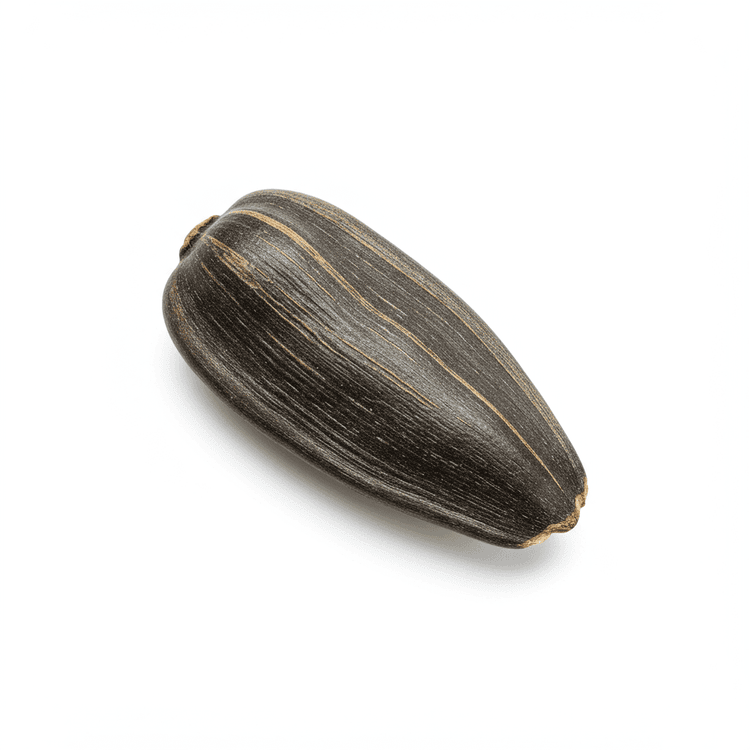
Almond
Almonds are nutrient-dense tree nuts with a mildly sweet, nutty flavor and a crunchy texture. They are oval-shaped, light brown in color, and encased in a hard shell. Packed with healthy fats, protein, and vitamin E, almonds are a versatile ingredient used in both sweet and savory dishes. Whether raw, roasted, or ground into almond flour, they are a popular choice for gluten-free and plant-based recipes, making them a staple in healthy and gourmet cooking.
Common Uses
- Add raw or roasted almonds to salads, trail mixes, or yogurt bowls for a crunchy, nutritious topping.
- Blend almonds into smoothies or grind them into almond butter for a creamy, protein-rich spread.
- Use almond flour as a gluten-free alternative in baking recipes like cookies, cakes, and muffins.
- Incorporate sliced or slivered almonds into stir-fries, rice dishes, or pilafs for added texture and flavor.
- Soak almonds overnight and blend them with water to make homemade almond milk, a dairy-free milk alternative.
- Toast almonds and use them as a garnish for desserts like ice cream, puddings, or fruit tarts.
Nutrition (per serving)
Nutrition (per serving)
Calories
579.0kcal (28.95%)
Protein
21.1g (42.3%)
Carbs
21.6g (7.84%)
Sugars
4.3g (8.7%)
Healthy Fat
43.9g
Unhealthy Fat
3.8g
% Daily Value based on a 2000 calorie diet
Nutrition (per serving)
Calories
579.0kcal (28.95%)
Protein
21.1g (42.3%)
Carbs
21.6g (7.84%)
Sugars
4.3g (8.7%)
Healthy Fat
43.9g
Unhealthy Fat
3.8g
% Daily Value based on a 2000 calorie diet
Health Benefits
- Almonds are rich in healthy fats, protein, and fiber, making them a satisfying snack and a great addition to balanced diets.
- They are a good source of vitamin E, which supports skin health and acts as an antioxidant.
- Almonds contain magnesium, which is beneficial for energy production and overall wellness.
- Their mild, nutty flavor makes them versatile for both sweet and savory recipes, such as baked goods, salads, and smoothies.
- Almonds are naturally gluten-free, making them a popular choice for gluten-free and low-carb diets.
- They can be used to make almond milk, almond butter, and almond flour, offering dairy-free and grain-free alternatives for cooking and baking.
Substitutes
Chefadora AI is here.
Experience smarter, stress-free cooking.
Storage Tips
Store almonds in an airtight container in a cool, dry place away from sunlight to maintain freshness. For longer shelf life, refrigerate or freeze them, especially if they are raw or have been opened. Avoid storing almonds near strong-smelling foods, as they can absorb odors. If freezing, use a freezer-safe bag or container to prevent freezer burn.
Marnirni-apinthi Building, Lot Fourteen,
North Terrace, Adelaide, South Australia, 5000
Australia




